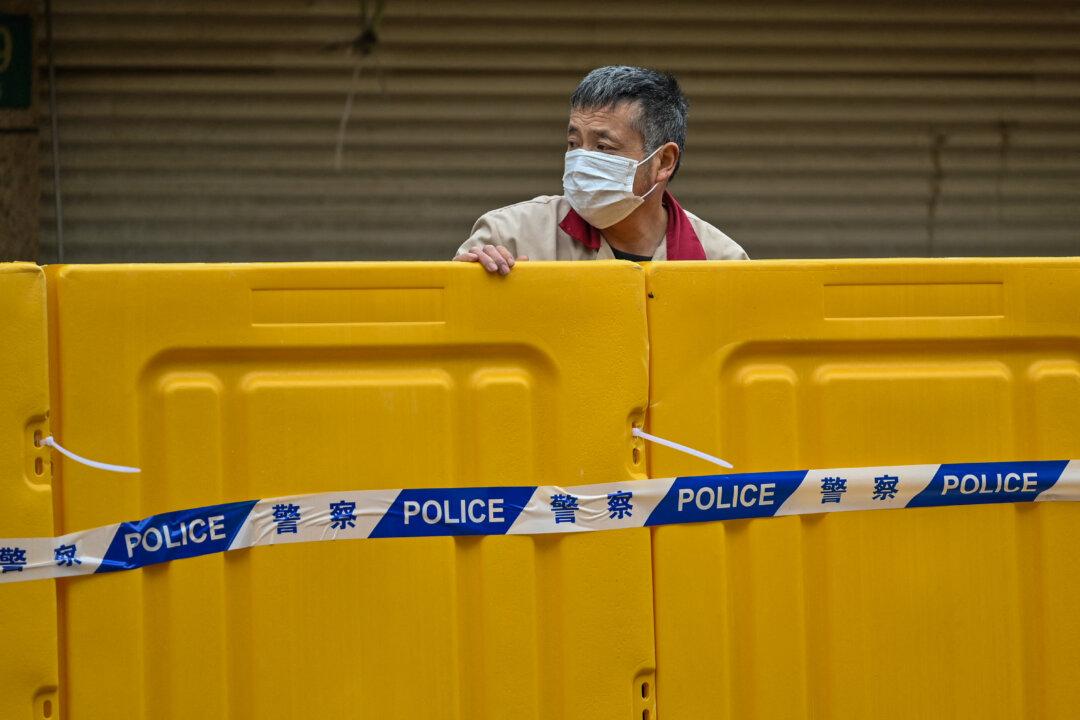China’s continued insistence on implementing a strict “zero-COVID” policy to snuff out the CCP (Chinese Communist Party) virus is drawing widespread anger. In Shanghai, where residents have been under lockdown for days, some locals are displeased that officials haven’t given them enough food.
Tian Bei (a pseudonym), a resident of the Pudong district that’s located east of Shanghai’s Huangpu River, told The Epoch Times he received a bag of rice, a small container of cooking oil, and a pack of powdered milk from his community officials on April 1. He lamented that his package of supplies didn’t include vegetables.





